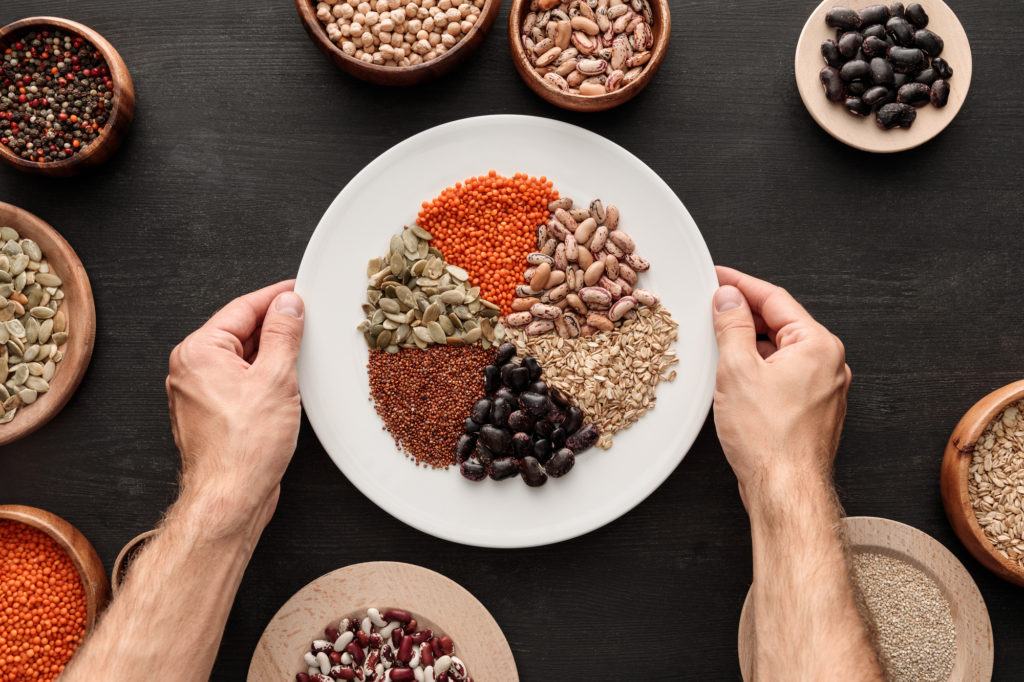
Grains have gotten a bad rap in recent years. People have been led to believe that they are unhealthy and that we should all avoid them. But the truth is, grains are good for you! Research shows that whole grains can reduce your risk of chronic diseases like heart disease and diabetes. So if you’re trying to eat healthier, don’t shy away from grains—include them in your diet. We discuss the health benefits of eating grains and dispel some of the myths circulating about them. So read on to learn more about why grains are a healthy part of a balanced diet!
First, whole grains are an excellent source of vitamins, minerals, and fiber. They contain important vitamins and minerals like B vitamins, iron, magnesium, and selenium. Grains also provide a good amount of dietary fiber—about 3-6 grams per cup cooked! Fiber helps to keep your digestive system running smoothly and can help to reduce cholesterol levels.
Whole grains are also good for your heart health. Studies have shown that eating whole grains can reduce your risk of developing heart disease, type 2 diabetes, and certain types of cancer. Whole grain foods also help to control blood sugar levels, which is important for people with diabetes.
Here are some grains that are beneficial to your health:
– Whole wheat: Whole wheat is a great source of dietary fiber, B vitamins, iron, and other minerals.
– Quinoa: This ancient grain is high in protein, fiber, and many essential vitamins and minerals.
– Oats: Oats are a great source of dietary fiber and heart-healthy antioxidants.
– Brown Rice: This whole grain is a good source of B vitamins, iron, and magnesium.
– Barley: Barley is high in fiber and contains a good amount of protein.
– Millet: This gluten-free grain is high in fiber, essential vitamins, and minerals.
– Buckwheat: This gluten-free grain is high in fiber and contains a good amount of protein.
These grains can make various dishes, such as oatmeal, risotto, and pilaf. They are also great additions to salads and stir-fries.
Don’t forget that grains are an excellent source of carbohydrates. Carbohydrates provide energy and help to keep your blood sugar levels stable. So if you’re looking for a healthy way to get extra energy throughout the day, try adding whole-grain foods into your diet.
In summary, grains are a healthy addition to your diet. They provide essential vitamins, minerals, and fiber and are good for your heart health. So don’t be afraid to include grains in your meals—they can make a difference! Now that you know more about the health benefits of eating grains, why not give them a try? Incorporating whole-grain foods into your diet is an easy way to improve your overall health and well-being. Enjoy!










